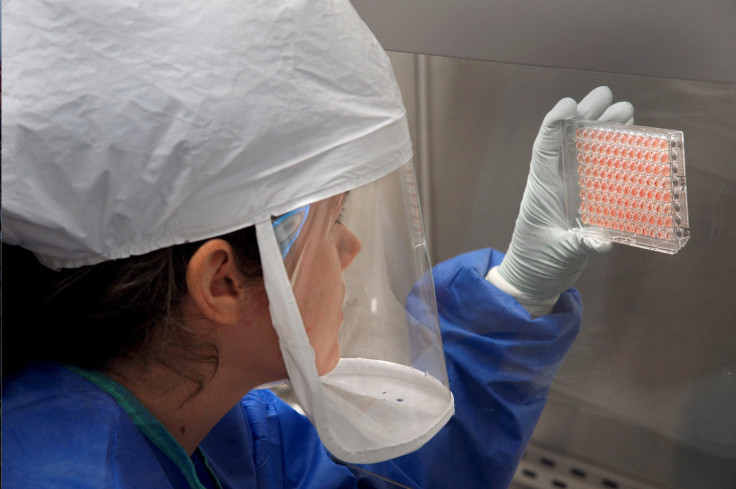NSW hospitals welcome rapid flu testing

Public hospitals across New South Wales have welcomed a new “rapid flu test.” Patients no longer need to wait for days, as test results can now be obtained within an hour. Westmead's NSW Health Pathology developed the swab test for immune suppressed or chronically ill people. It is also intended for pregnant women.
Premier Gladys Berejiklian said the new test is a “major breakthrough” that can transform the way flu is treated in NSW. In a statement, she said that having real-time diagnostic testing in public hospitals will help save time, resources and lives.
University of Sydney professor Dominic Dwyer said the new test may save lives. “The drugs that are available for influenza really need to be given within 48 hours of the onset of the illness, so if you have to wait that long for a result you've missed the chance to get the useful drugs onboard,” he told 9NEWS.
The test, he explained, allows the appropriate medication to be prescribed, instead of unnecessary drugs like antibiotics which “have no value in a viral infection.” Rapid flu testing is now available in some hospitals such as Armidale, Bega, Blacktown, Bowral, Coffs Harbour, Concord, Dubbo, Gosford, Griffith, Kogarah, Lismore, Liverpool and Nepean.
Mosquitoes attack
Meanwhile, 82 people living in Toowoomba and Warwick region were diagnosed with Ross River virus, according to a NewsRegional analysis of Queensland health data. There are also cases of dengue fever, malaria, Barmah Forest virus and chikungunya.
Toowoomba Regional Council carries out a container breeding mosquito surveillance program across the area. Council environment portfolio leader Councillor Joe Ramia said that no significant risk to public health has been identified.
"The mosquito surveillance program also assists the council in determining the prevalence of other mosquito species that breed in containers and may act as vectors for diseases,” The Chronicle quotes him as saying. Meanwhile, Queensland virologist Professor John Aaskov has warned about infection rates rising across the region. He recommended using sunscreens with mosquito repellents. He said that transmission of the disease in the region was most likely human-mosquito-human. A pair of thongs and a singlet are reportedly not enough protection from mosquitoes.
Ross River virus is the main mosquito-borne disease in Australia. It costs the nation’s economy more than $20 million per year to detect. The primary treatment for the disease is anti-inflammatory medications. Queensland Health has urged those with symptoms to ask their doctor for a blood test.
Read More:
NSW Health issues measles alert after infected tourist wandered around Sydney
Australia, US prepare for potential biosecurity attacks
BBC News/YouTube





















